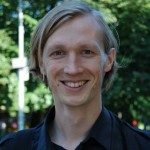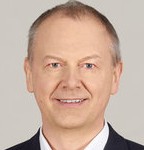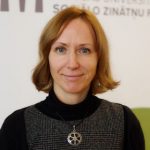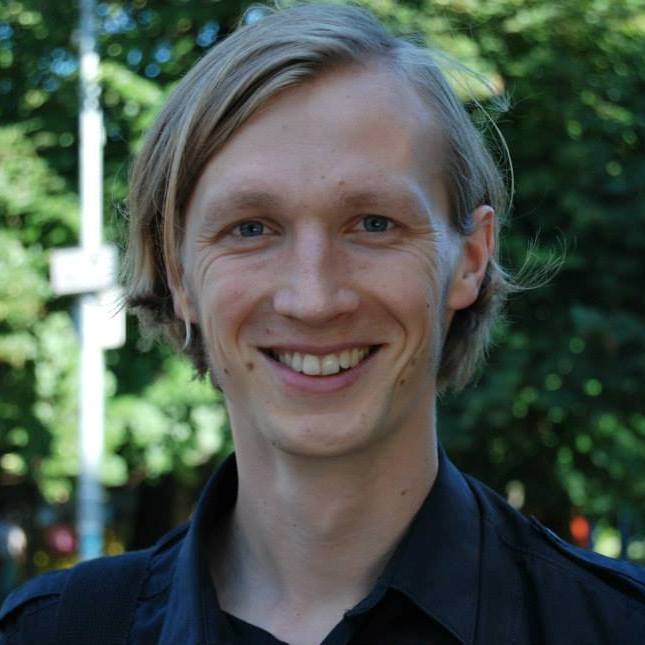“The philosophy behind permaculture is one of working with, rather than against, nature” (Mollison 1988: ix)
Scientists are producing increasingly disturbing ‘warnings to humanity’ (Ripple et al. 2017) about climate change (IPCC 2018), the Anthropocene (Crutzen 2002, Waters et al. 2016), transgressed planetary boundaries (Steffen et al. 2015a) tipping over into ‘Hothouse Earth’ state (Steffen et al. 2018), ongoing biological annihilation (Ceballos et al. 2017, Sánchez-Bayo & Wyckhuys 2019), future co-extinction risks (Strona & Bradshaw 2018) and other side-effects of our development and growth (Beck 2009, D’Alisa et al. 2014). Despite this, there is relatively little sense of urgency about sustainability problems in Eastern Europe. Scientific literature on sustainability is dominated by the authors from the developed world countries, but this has not reversed unsustainable trends and many scientists are calling for “nothing less than a radical shift towards large-scale expansion of more action-oriented knowledge production” (Fazey et al. 2018: 56).
One of the worldwide responses to such dilemmas is the permaculture movement framework (Mollison & Holmgren 1978) which is, however, little covered in scientific literature (Ferguson & Lovell 2014). This research report demonstrates that permaculture is matching closely the Latvian realities where traditional practice and novelty are bridged through permaculture, hence providing valuable regeneration and resilience potential. I have explored the development of the permaculture movement in Latvia, the use of traditional knowledge and how it relates to shaping of regenerative places and practices. Limited sustainability advancing initiatives in Latvia caused an obstacle for a sustainability scientist in terms of transformative material to be researched. Therefore, within SUSPLACE I consciously opted for an in-depth involvement and co-creation of sustainability transformations in Latvia using the permaculture framework to focus on ecological living, growing, building, networking and accessible skills sharing.
Keywords: Permaculture, sustainability transformations, regeneration, traditional practices, participatory action research, Latvia.
News
Researcher: Elgars Felcis

Email: elgars.felcis@lu.lv
Website: www.linkedin.com/in/elgars
Host: University of Latvia
Supervisors: Prof. Talis Tisenkopfs & Dr. Baiba Bela


Co-supervisor: Prof. dr. Ina Horlings

1st secondment: Kalnciema Quarter
2nd secondment: Royal Haskoning DHV

